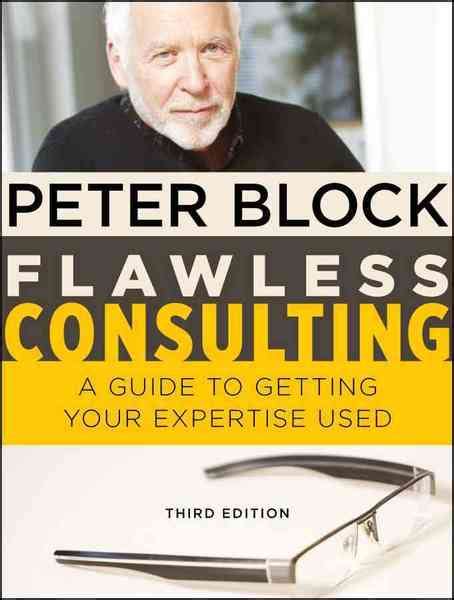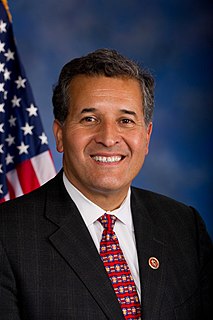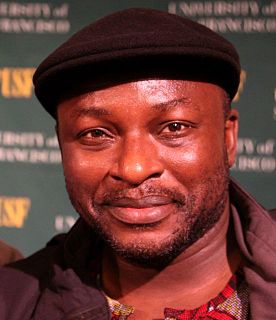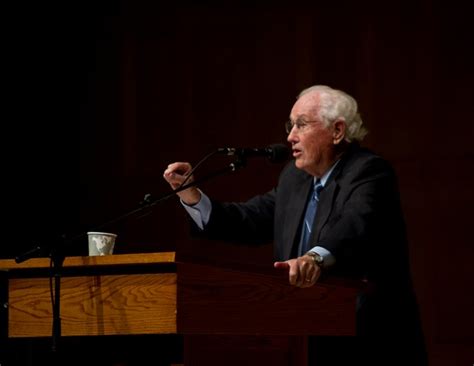Top 51 Parables Quotes & Sayings
Explore popular Parables quotes.
Last updated on April 17, 2025.
How much more generous it would be if, instead of writing parables about childhood wounds, psychologists were to accept that some differences between the sexes just are, that they are in the nature of the beasts, because each sex has an evolved tendency to develop that way in response to experience.
Zen is to religion what a Japanese "rock garden" is to a garden. Zen knows no god, no afterlife, no good and no evil, as the rock-garden knows no flowers, herbs or shrubs. It has no doctrine or holy writ: its teaching is transmitted mainly in the form of parables as ambiguous as the pebbles in the rock-garden which symbolise now a mountain, now a fleeting tiger. When a disciple asks "What is Zen?", the master's traditional answer is "Three pounds of flax" or "A decaying noodle" or "A toilet stick" or a whack on the pupil's head.
If you worship money and things, if they are where you tap real meaning in life, then you will never have enough, never feel you have enough. It's the truth. Worship your body and beauty and sexual allure and you will always feel ugly. And when time and age start showing, you will die a million deaths before they finally grieve you. On one level, we all know this stuff already. It's been codified as myths, proverbs, clichés, epigrams, parables; the skeleton of every great story. The whole trick is keeping the truth up front in daily consciousness.
To the scientist Nature is a storehouse of facts, laws, processes; to the artist she is a storehouse of pictures; to the poet she is a storehouse of images, fancies, a source of inspiration; to the moralist she is a storehouse of precepts and parables; to all she may be a source of knowledge and joy.
Jesus told parables. When he wanted to say something really profound about God, he went into parable. I don't find it surprising then that when earliest Christianity wanted to say something profound about Jesus, they went into parable too. That doesn't mean everything is a parable. When it says Jesus was in Nazareth I don't think that's a parable, I think Jesus was in Nazareth. When it talks about Jesus walking on the water, I don't think that's the point at all, I think the point is that the church without Jesus sinks.
Many people don’t realize the extent to which stories influence our behavior and even shape our culture. Think about how Bible stories teach the fundamentals of religion and rules of conduct. Think of the fables and parables that molded your values. Think of how stories about your national, cultural or family history have shaped your attitudes about yourself and others.
The truth is that Trout, like Vonnegut and Ray Bradbury and many others, writes parables. These are set in frames which have become called, for no good reason, science fiction. A better generic term would be 'future fairy tales'. And even this is objectionable, since many science fiction stories take place in the present or the past, far and near.
Religions, of course, have their own demanding intellectual traditions, as Jesuits and Talmudic scholars might attest.... But, in its less rigorous, popular forms, religion is about as intellectually challenging as the average self-help book. (Like personal development literature, mass market books about spirituality and religion celebrate emotionalism and denigrate reason. They elevate the "truths" of myths and parables over empiricism.) In its more authoritarian forms, religion punishes questioning and rewards gullibility. Faith is not a function of stupidity but a frequent cause of it.
Jesus kinda fools around and gives you parables. He doesn't oftentimes say exactly what he means. But in Matthew 25, he's very, very clear. And he delineates what it takes to get into the Kingdom of Heaven very, very clearly. And he says how you treat the least among us, the least of our brothers, that's how you treat Him.
Jesus disclosed that God is compassionate. Jesus spoke of God that way: "Be compassionate, as God is compassionate." Compassion is the primary quality of the central figures in two of his most famous parables: the father in the parable of the Prodigal Son and the Good Samaritan. And Jesus himself, as a manifestation of the sacred, is often spoken of as embodying compassion.
If you have a faith, it is statistically overwhelmingly likely that it is the same faith as your parents and grandparents had. No doubt soaring cathedrals, stirring music, moving stories and parables, help a bit. But by far the most important variable determining your religion is the accident of birth. The convictions that you so passionately believe would have been a completely different, and largely contradictory, set of convictions, if only you had happened to be born in a different place.
He [Jesus] speaks in parables, and though we have approached these parables reverentially all these many years and have heard them expounded as grave and reverent vehicles of holy truth, I suspect that many if not all of them were originally not grave at all but were antic, comic, often more than just a little shocking.
In His discourses, His miracles, His parables, His sufferings, His resurrection, He gradually raises the pedestal of His humanity before the world, but under a cover, until the shaft reaches from the grave to the heavens, whenHe lifts the curtain, and displays the figure of a man on a throne, for the worship of the universe; and clothing His church with His own power, He authorizes it to baptize and to preach remission of sins in His own name.
Some of the parables that Matthew records and that Jesus delivered as part of his Olivet Discourse-such as the ten virgins and their lamps or the servants and the talents they were given-are some of the best known of Jesus' teachings. Reading them in the context of his prophecies about the end of the world, however, makes them clearly parables of preparation. To be on his right hand with his "sheep" rather than at his left hand with the "goats" at his return, we must prepare ourselves now.
People always got the image I was an anti-Christ or antireligion. I'm not. I'm a most religious fellow. I was brought up a Christian and I only now understand some of the things that Christ was saying in those parables. Because people got hooked on the teacher and missed the message. All this bit about electing a President. We pick our own daddy out of a dog pound of daddies.
Let the Bible be the Bible. It's not about science. It's not accurate history. It is a grab bag of religious fantasies written by many authors. Some of its myths, like the Star of Bethlehem, are very beautiful. Others are dull and ugly. Some express lofty ideals, such as the parables of Jesus. Others are morally disgusting.
Most literary critics agree that fiction cannot be reduced to mere falsehood. Well-crafted protagonists come to life, pornography causes orgasms, and the pretense that life is what we want it to be may conceivably bring about the desired condition. Hence religious parables, socialist realism, Nazi propaganda. And if this story likewise crawls with reactionary supernaturalism, that might be because its author longs to see letters scuttling across ceilings, cautiously beginning to reify themselves into angels. For if they could only do that, then why not us?
Where possible Paul avoids quoting the teaching of Jesus, in fact even mentioning it. If we had to rely on Paul, we should not know that Jesus taught in parables, had delivered the sermon on the mount, and had taught His disciples the 'Our Father.' Even where they are specially relevant, Paul passes over the words of the Lord.
A master was once unmoved by the complaints of his disciples that, though they listened with pleasure to his parables and stories, they were also frustrated for they longed for something deeper. To all their objections he would simply reply: 'You have yet to understand, my friends, that the shortest distance between a human being and truth is a story.'
I'm no longer religious, but the Bible fascinates me. Hardly anyone reads it anymore, but it's got everything: it's a book of poetry, it's a book of principle, it's a book of stories, and of myths and of epic tales, a book of histories and a book of fictions, of riddles, fables, parables and allegories.
Poetry begins in trivial metaphors, pretty metaphors, "grace" metaphors, and goes on to the profoundest thinking that we have. Poetry provides the one permissible way of saying one thing and meaning another. People say, "Why don’t you say what you mean?" We never do that, do we, being all of us too much poets. We like to talk in parables and in hints and in indirections - whether from diffidence or some other instinct.
Perhaps the highest goodness attainable is a life of service to all mankind. Such an ideal is supported in nearly every page in the Gospels-the parables, the sermons, and the countless acts of service by our Lord Himself. The ideal is not limited to any particular kind of service, nor a given quantity of service. The ideal is accepting life itself as a trust to be used in the welfare of mankind. It is a life that is glad for the chance to be of any help, an attitude that 'service is the rent we pay for our own room on earth.' (Lord Halifax)















































